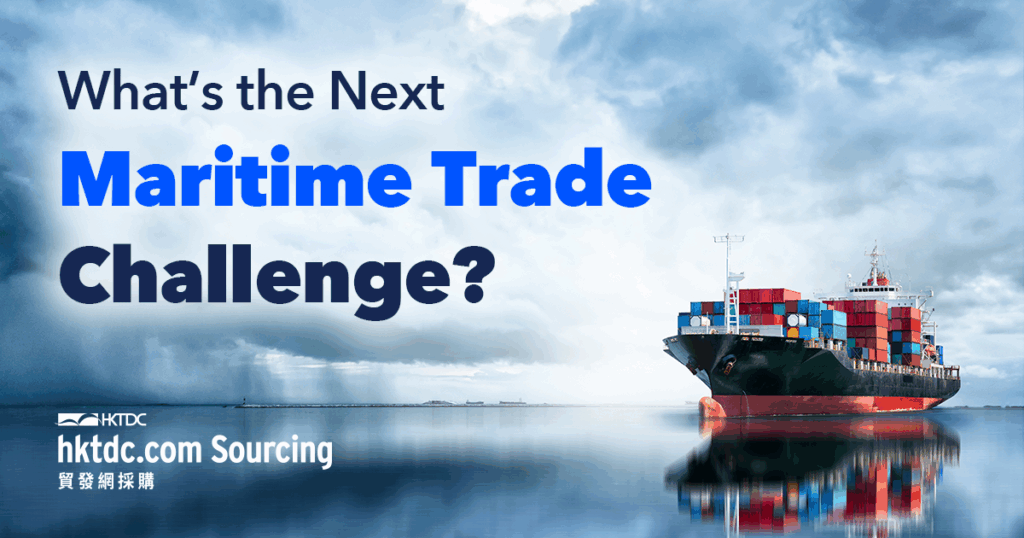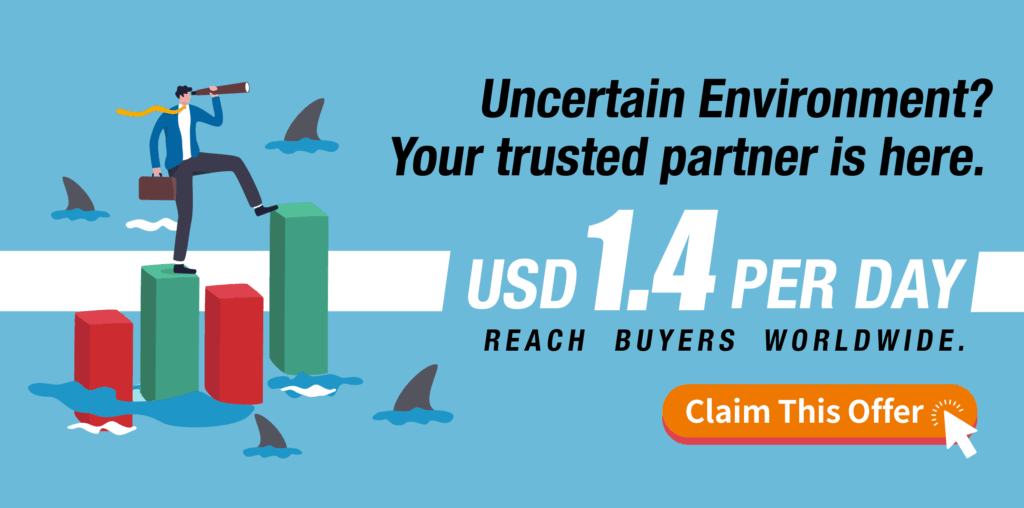Global maritime trade, which moves over 80% of the world’s goods, is encountering heightened uncertainty, fragile growth and rising costs, according to the United Nations Conference on Trade and Development’s (UNCTAD) Review of Maritime Transport 2025. After solid expansion in 2024, trade volumes are set to grow by just 0.5% in 2025—the slowest pace in years.
The slowdown is driven by geopolitical shocks—notably crises in the Red Sea and tensions near the Strait of Hormuz—forcing costly reroutings and longer shipping times. Added tariffs and volatile freight rates further disrupt supply chains. Small economies and net food‑importing nations are particularly exposed, as higher shipping costs quickly raise food and import prices.
Ports Face Unprecedented Pressure
Ports are under severe strain, facing congestion, long waiting times, and lagging digitalisation. Cybersecurity risks add further urgency for investment in smarter, resilient port systems.
Climate Challenge
Environmentally, emissions from shipping rose by 5% in 2024, with only 8% of the global fleet prepared for alternative fuels. Regulatory momentum is building, with the International Maritime Organization considering carbon pricing and a global fuel standard this October.
Growing Human Costs at Sea
Human costs are also rising, with record seafarer abandonment cases in 2024, underlining weak enforcement of crew rights.
How Can Global Buyers and Suppliers Better Prepare for These Maritime Challenges?
The UN review calls for governments and industry to work together for resilient, inclusive and sustainable maritime transport to weather the turbulent waters ahead. Here are some immediate measures to tackle the maritime trade challenges:
- Plan for volatility: Factor in extended lead times, fluctuating rates, and rerouting risks.
- Diversify logistics: Explore multimodal transport and alternative sourcing to reduce dependency on vulnerable routes.
- Prioritise resilience: Strengthen cooperation with partners investing in digitalised and green port infrastructure.
- Watch regulations: Anticipate carbon pricing and fuel changes that could alter freight costs.
- Protect vulnerable markets: Build cost‑sharing or adaptive sourcing strategies to cushion partners in developing economies.
Maritime transport remains an indispensable yet increasingly fragile backbone of global trade. Staying agile and collaborative will be essential for businesses navigating the ‘stormy seas’ ahead.
Trusted e-Marketplace to Navigate Supply Chain Challenges
Be sure to continue your sourcing with hktdc.com Sourcing, a statutory-backed e-Marketplace with thousands of product varieties and trusted by millions of buyers and suppliers worldwide.
Our e-Marketplace provides a one-stop e-commerce platform for suppliers like you to:
- display a comprehensive product portfolio
- showcase certifications, awards and third-party verifications
- meet potential buyers online anytime, anywhere
- ensure your products appear in relevant buyer searches with advanced AI technology
Kickstart your exploration by clicking the banner below:








